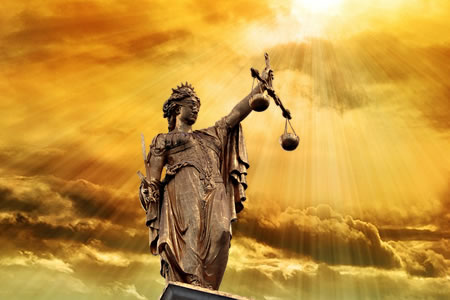You may have noted that I take delight in contemplating the events of some of the more unfamiliar folk in scripture. Have you ever heard of Zelophehad? With only five references to him I’ve not learned much about him or his wife, but their five daughters certainly made a mark on history. I look forward to meeting them! (Numbers 26, 27, 36; Josh 17 & I Chron 7)
Zelo was one of those chaps who was blessed with a tribe of daughters … but no sons. In the Israeli culture with its social norms, that was the end of his family’s inheritance. The law of God declared that lands and property went to the eldest son.
Can you cite where the law says this?
Are you thinking about the blessing of the firstborn?
When the promised land was to be divided, was it only eldest sons who were to get land?
If so, where would all the younger ones then settle?
Without a son, he had no heir. His daughters didn’t count. AND that’s where the story gets interesting.
After reading the records, my six study mates (‘who’, ‘what’, ‘when’, ‘where’, ‘why’, ‘how’) had a hey-day with those girls. What kind of model was their father? What did he instill in their upbringing? What reputation did they have in their neighbourhood?

These teenage girls were not pleased about the Law of God regarding inheritance. Again, what specific passage of the law were they not pleased with? Was it not Numbers 26? They questioned the chauvinistic attitude it portrayed (Did God’s law ever portray a chauvinistic attitude?) and the difficult situation their father was left with. They calculated that it wasn’t his fault that he didn’t have sons. They made noises Did they? How would we know? that reverberated in the community, set tongues wagging and ended up with them being taken to court to teach them not to question the Law of God. Where would we read of their summons to court? But those girls wouldn’t take ‘no’ as a negative. They appealed the local court decision and asked to meet with Moses. How would we learn this? Moses couldn’t do anything for them either. He’d received God’s Word personally and there wasn’t anything that he could change. What (specifically) had Moses already received about this matter of inheriting land that he could not change? The top courts would not touch questioning ‘Gods Word’. But those girls wouldn’t even accept Moses final decision. Where do we read of “Moses decision” which they rejected? Do you know any women like that? Or men either? Moses barely closed the case and they had the gall to insist that he go directly to God and reopen the case. Where would we read of this appeal to “reopen the case”?
I can imagine Moses shaking his head and rolling his eyes. I can even imagine what the newspapers probably said about them! I expect there were some loud voices and flaring tempers. Most people don’t buck ‘the system’. They accept the judgment call and while not totally satisfied, will tolerate the encumbrance. That would be especially so when it pertains to what God says. We assume finality in His statements.
I can visualize God sitting back in his chair, with clasped hands and a knowing light in His eye as He observed what those five tempestuous girls were doing. AND He upset the system. He responded to Moses’ apologetic interruption by declaring: “You must certainly give them property. They have grasped my heart. They have come appropriately and I will enlarge My Law.” God is not chauvinist and women are not second rate. He set standard cultural surface elements but that doesn’t necessarily reflect His intentions. He takes exclusive time to give individual responses.
(original post Aug 11 2014)



